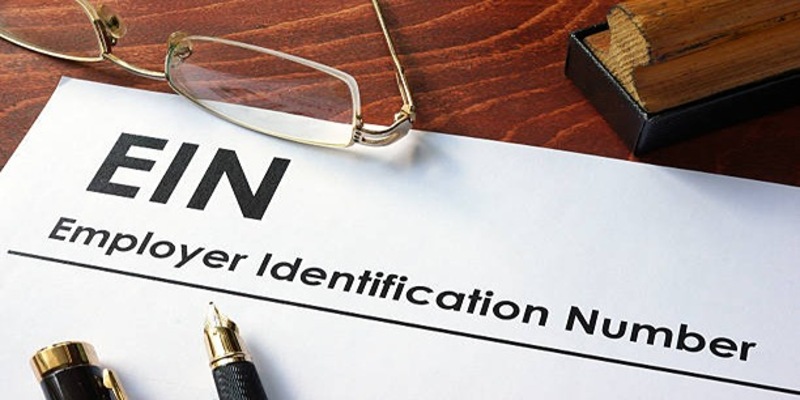
Investing in real estate may be a sound financial decision. Building equity in a home that rises in value as debt is paid off is the American dream. Furthermore, there are tax advantages. Mortgage interest, property taxes, insurance, repair and maintenance, and property management are all deductible from rental revenue, allowing you to keep more of your hard-earned cash. 1
The investment property should also provide a reliable revenue stream through monthly rent payments. The time, energy, and money required to maintain an investment property make partnering up with a buddy attractive. There are, however, certain difficulties that come with this change.
A Mortgage Interest Rate Dependent on Both Credit Reports
The lender will consider both your credit histories as you and your buddy will be co-borrowers on the mortgage. If one of the borrowers has poor credit, it might increase the interest rate and other costs associated with the mortgage. A mortgage's monthly payment and the total interest paid throughout the loan's term can be significantly impacted by even a slight change in the interest rate.
There is no "Quick Exit" when relocating

If you and your roommate are renting an apartment or a house, and you find that you can't get along, or if you want to make a change, it's not hard to terminate your lease and find a new place to live. Not so with a mortgage.
If the mortgage is in both of your names, then the payments must be made regardless of who wants out of the mortgage. One of the spouses must sell the home or refinance the mortgage into a single-named loan to remove the other spouse's name from the mortgage.
A formal agreement outlining your departure strategy if one of you wants to move on is a smart idea. The property beneficiaries upon a party's death depend on the deed in effect. Joint tenancy does not provide for a right of survivorship; thus, if both owners die, the surviving owner will continue to possess half of the property.
Credit Risk
You and your friend are jointly liable for the monthly mortgage payment, so make sure you pay each month on time and in full. Despite your best efforts to make your monthly mortgage payment on time, if you and your co-borrower fall behind, the lender will record both of your names to the credit reporting agencies as being responsible for the non-payment or foreclosure. When two people co-sign on a mortgage, the default of one might have serious consequences for both of your credit scores.
Difficulties in Obtaining Alternative Loans
Each of you is solely accountable to other lenders for the full monthly mortgage payment, even if you and your buddy agree to share the payment 50/50. This might make it difficult for both partners to qualify for additional loans because of their high debt-to-income ratios. While spouses may solve this by applying for loans together, most single people would rather not include their buddy on loan like a vehicle payment.
Arguments Regarding Duties

Disagreements about who should pay the rent or take care of the property may put a friendship to the test very fast. To avoid this, make sure that your agreement specifies how expenditures will be divided, who will be responsible for repairs and maintenance, how much each party will pay, and how any applicable deductions will be applied. For instance, you should settle who will take the mortgage interest deduction or how it will be shared.
Agree On The Fine Print
Okay, but what if someone wants to rent out their home? What happens if only one party is interested in a sale? These are the things you and your prospective co-owners should discuss and try to address in a written agreement. "When you're writing contracts, you're always trying to question what eventualities may develop and what you do if things go wrong," adds Bell.
If you aren't going to be dividing ownership 50/50, Bell recommends using elements like square footage and livability disparities between each apartment to determine how much ownership each individual will have. Changing the ratio may be warranted if, for instance, one dwelling unit requires a disproportionately high amount of municipal services.
In Conclusion
There are several upsides to purchasing a home with a friend. It may be less of a financial stretch to acquire a mortgage if you had a roommate, and you'd benefit from splitting the monthly costs of everything from utilities to repairs to mortgage payments.
Moreover, as opposed to renting, you will gain equity in your home as you pay down your mortgage. A choice this significant should not be made lightly, though. Make sure you and your friend can afford the monthly payments on the investment by doing the necessary research in advance.



